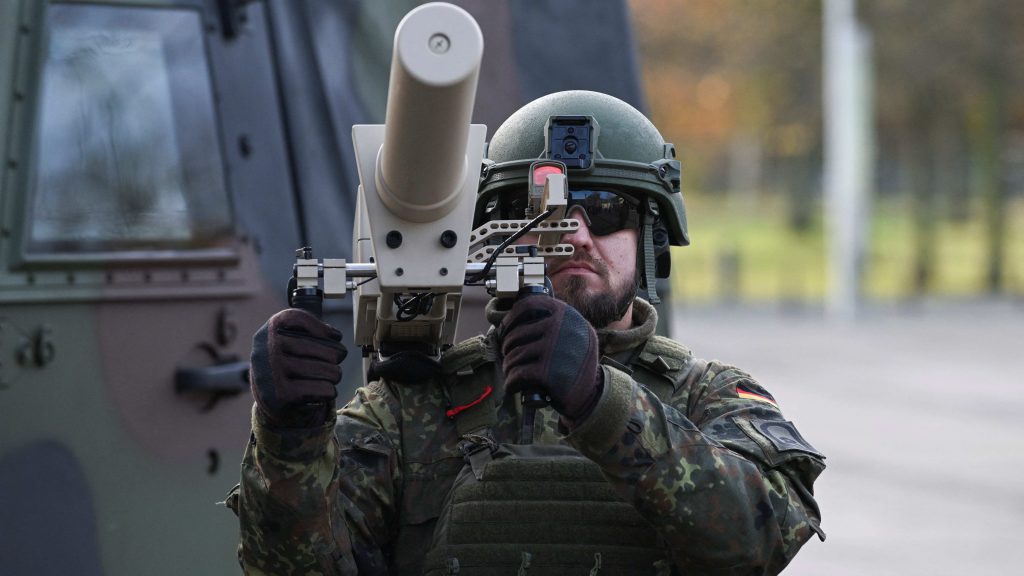Britain To Equip Ships With Lasers To Take Down Drones From 2027

Britain’s defence ministry on Friday said it would install lasers on warships designed to cheaply shoot down drones from 2027, five years earlier than previously expected, under reforms designed to speed up the deployment of new technology.
WHY IT IS IMPORTANT
Britain’s Ministry of Defence (MOD) said that the lasers could fire at any target visible in the air at the cost of around 10 pounds ($12.52) a shot, and had equivalent accuracy to hitting a pound coin from a kilometre (0.62 mile) away.
The DragonFire lasers had previously been expected to be rolled out from 2032, and can use an intense beam of light to cut through a target, the MOD said, meaning it could prove to be a long-term low-cost alternative for shooting down drones.
KEY QUOTE
“In a more dangerous world, our approach to procurement is shifting with it … our widespread reforms will deliver the latest kit and weaponry for our Armed Forces faster,” Defence Secretary Grant Shapps said in a statement on the laser, known as DragonFire.
“DragonFire shows the best of the UK at the forefront of military technology, and we will not delay in getting it in the hands of our military to face down the threats we’re facing.”
CONTEXT
The laser is a cost-effective way of targeting drones, which are being used in modern warfare as a cheap way to take out expensive military targets that cost many times more than the drones themselves.
While drones can destroy high-tech weapon systems, it can also be expensive to shoot them down. For instance, the Sea Viper missiles used by Britain to shoot down Houthi drones in the Red Sea each cost an estimated 1 million pounds ($1.26 million) at least.
(Reporting by Alistair Smout; Editing by Tomasz Janowski)




